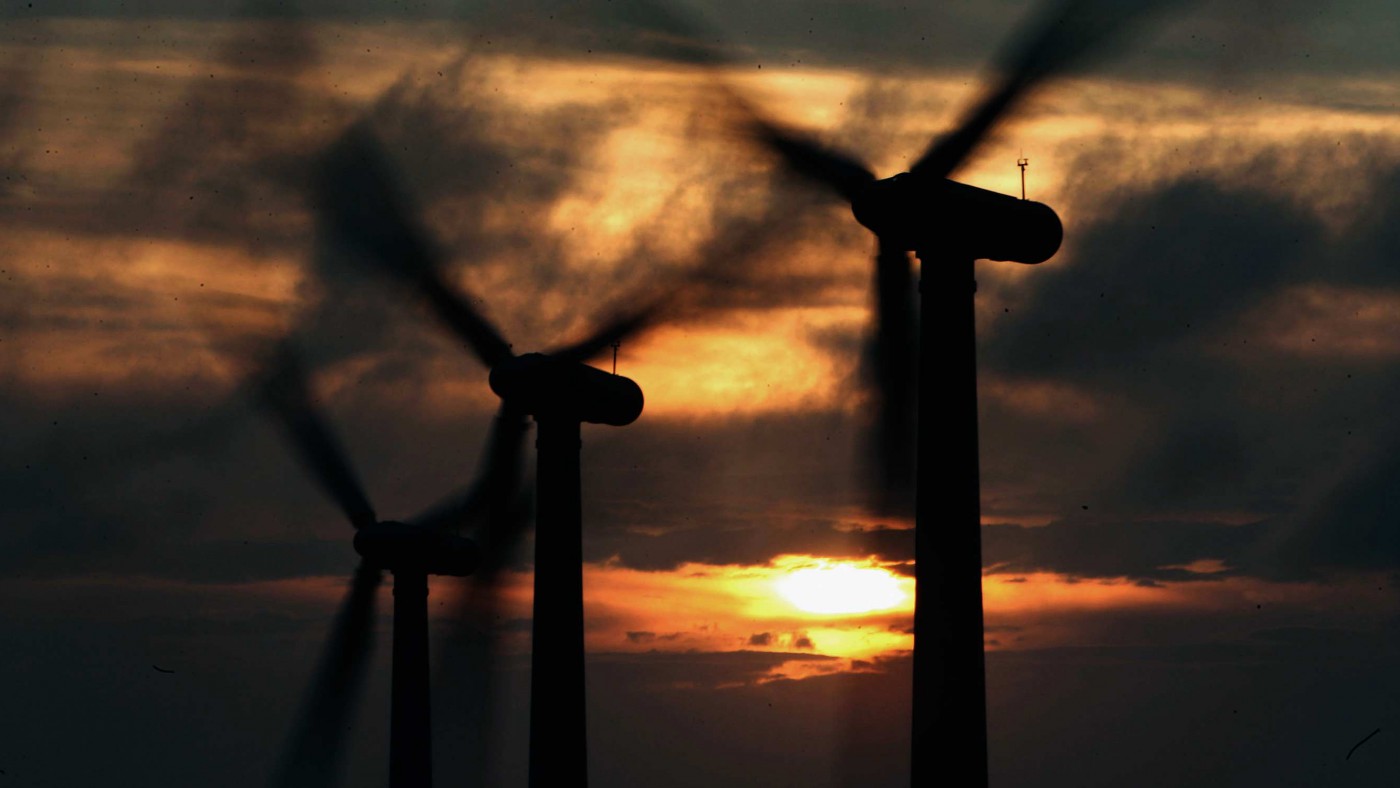Sunday morning I found myself zonked out on the sofa. I was just back from Paris, where the previous evening, against the odds, 195 nations had pledged to halt global warming at ‘well below’ 2oC, (with a nod to 1.5oC), and committed wealthy countries to cough up $100 billion a year every year from 2020 to help developing nations deal with its consequences. The caffeine hadn’t kicked in and I was still not yet fully operational.
On the TV, celebrity chef James Martin was pan frying hake. I watched him turn up the gas to crispen the skin. And it struck me: in a post-Paris world, weekend cookery shows wouldn’t be the same. Gas is a controllable and responsive fuel. You try adjusting the temperature knob on an electric hob to crispen hake skin. Think of all the cookery shows you’ve ever seen. How often does a chef toss the fish, fowl, meat or veg in a pan atop an electric hob? Never. In the UK, nearly two-thirds of all households cook with gas.
And it isn’t just cooking. Almost 90% of British homes are heated by gas, and for one simple reason: the bills are lower. Those of you with a gas boiler will appreciate both the cost of converting to electric storage heaters and the upset the conversion would involve: removing the boiler, lifting the floorboards and removing the pipes, unscrewing the radiators and replacing them with electric heaters, even replacing the carpets.
Of the energy we use, 55% is drawn from gas. The next biggest share is transport. The Paris Agreement struck out any reference to maritime and aviation emissions (which account for a growing 5%), much to the chagrin of the European Parliament delegation, which had just hosted an event advocating their inclusion. However, closer to home there is a simple question, how many of you reading this article drive an electric car or hybrid? The answer is stark. Out of a total UK car fleet of 31.5 million vehicles there are presently 6,951 electric cars, and 14,041 plug-in hybrids, and that is after the UK Government’s £400m Plug-in Car Grant Programme which provided a 25% grant toward the cost of purchase. The British car fleet has grown at the rate of on average 200,000 vehicles a year since 2000. With each passing year, the share of ‘renewable’ powered cars is actually falling. Scotland has 1,100 electric cars, out of a total fleet of 3.2 million. Of the recharging sockets in Scotland more than half have been used only once in the last month.
Where most progress has been made is in the generation of renewable electricity. Scotland led the way after the war with hydroelectricity, which still accounts for 26% of all renewable energy generated. The concerted effort behind wind power has seen a spread of turbines across the land (there are now 2,300, with plans for 1,600 more in the next 5 years). On a good day, wind can account for 100% of electricity generation. However, generation and consumption is not the same thing. To put this in context, when the Scottish First Minister states that Scotland now generates almost 50% of its energy from renewable sources, what she really means is almost half of its electricity, which itself is only 20% of our energy usage. So we are approaching 10% of our total energy needs from renewable sources. To be fair to the FM, after much pressure, she has stopped using energy and electricity as if they were interchangeable.
It is important to stress at this point that our climate change targets and our present ambitions are predicated upon arresting global warming at 2oC. Quite what a 1.5oC target would mean for Scotland and the UK has yet to be calculated. UN experts have been tasked with answering this question on a global scale. I have posed the question to Energy Commissioner Cañete, since the EU’s ambitions are also anchored on a 2oC target.
Commissioner Cañete has a simple answer: ‘full decarbonisation’ by the end of the century, although he is equally clear that the challenge of dealing with the ambitious 1.5oC will fall to his successor, rather than to him.
If 1.5oC is our target and full decarbonisation the ambition, then we have a long way to go. For all the talk of renewable energy, our economy, our industry, our transport, and each household, are still dependent upon fossil fuels. And we are one of the leading nations in terms of Climate Change action. Cast your eyes toward India, or China, or closer to home, Poland, or half a dozen other states still reliant upon coal. There is much to do.
If we are to embark upon such an ambitious journey then we must be realistic about the route we must follow and the challenges that lie along it. What will be asked of each and every one of us is not just a change in our energy usage, but a fundamental shift in our behaviour, our culture and our expectations. And the journey cannot begin tomorrow, it must begin today. That is perhaps the most important message from Paris.


